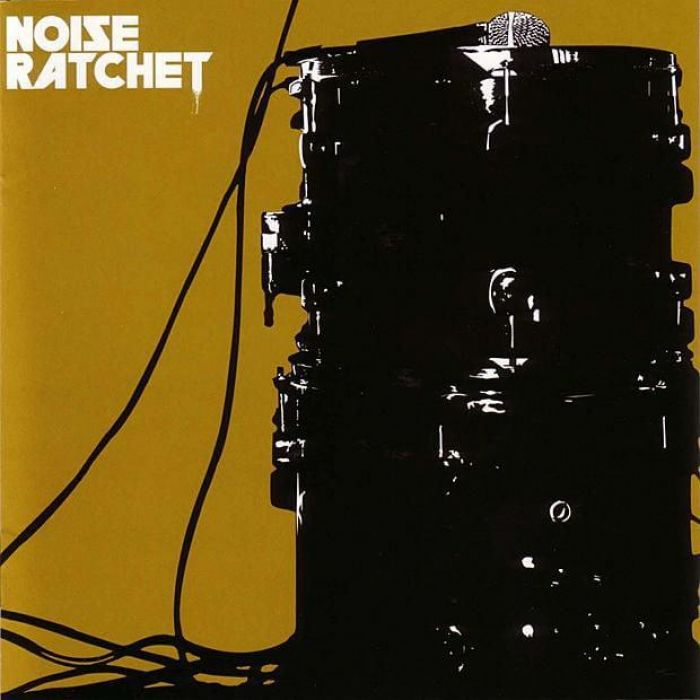Noise Ratchet by Noise Ratchet (Review)

If you’re not a fan of that emo-laced, melodic indie-rock that’s been sweeping the scene for the past few years thanks to the likes of Jimmy Eat World, Further Seems Forever, and The Juliana Theory, than Noise Ratchet’s self-titled EP will do absolutely nothing to change your mind. If, however, you are a fan, than you’ll find this disc quite familiar and comfortable, perhaps a bit too much so.
Right from the start, Noise Ratchet fits the genre’s conventions to a T. Choppy guitars, propulsive drumming, stop/start dynamics, urgent vocals, and “heart on the sleeve” lyrics abound on “When Losing Ends.” “Fiction Arms” starts off on a promising note with explosive drumming and distorted, ringing guitars have a distinct post-punk feel about them. But the band heads back towards more familiar territory rather quickly. And for all of you sensitive types, the band offers the acoustic tear-jerker “A Way To The Heart,” a Dashboard-styled number the likes of which has become the new power ballad for the indie crowd.
When listening to the impassioned chorus of “From Your Lips,” it’s obvious the band isn’t interested in doing things half-heartedly. But regardless of how much passion Noise Ratchet throws into their music, it still comes across as rather conventional and familiar. Honestly, emo (or whatever you want to call it) is one genre of music that has become incredibly homogenous to me these days, and Noise Ratchet simply don’t do much to differentiate themselves from their peers. However, they’re not without a surprise or two.
I’ll confess to feeling a little, well, anxious going into the 7 minute “Desired,” which closes out the album. Emo is tolerable in 3 minute slices, but 7 minutes?!? But Noise Ratchet makes it work by turning down the “emo” and letting out their Cure side, slowing down the rhythm, and allowing keyboards and atmospherics to filter in.
The result is the album’s finest track, reminiscent of Antarctica’s 21:03 or even The Elevator Division’s first album. While just as melodramatic as anything else on the EP, it works better here, especially during the song’s final moments as the guitars and drums churn like angry waves beneath the sighing keys and vocals. Hopefully, Noise Ratchet will choose to explore and develop this side of their sound in forthcoming releases.